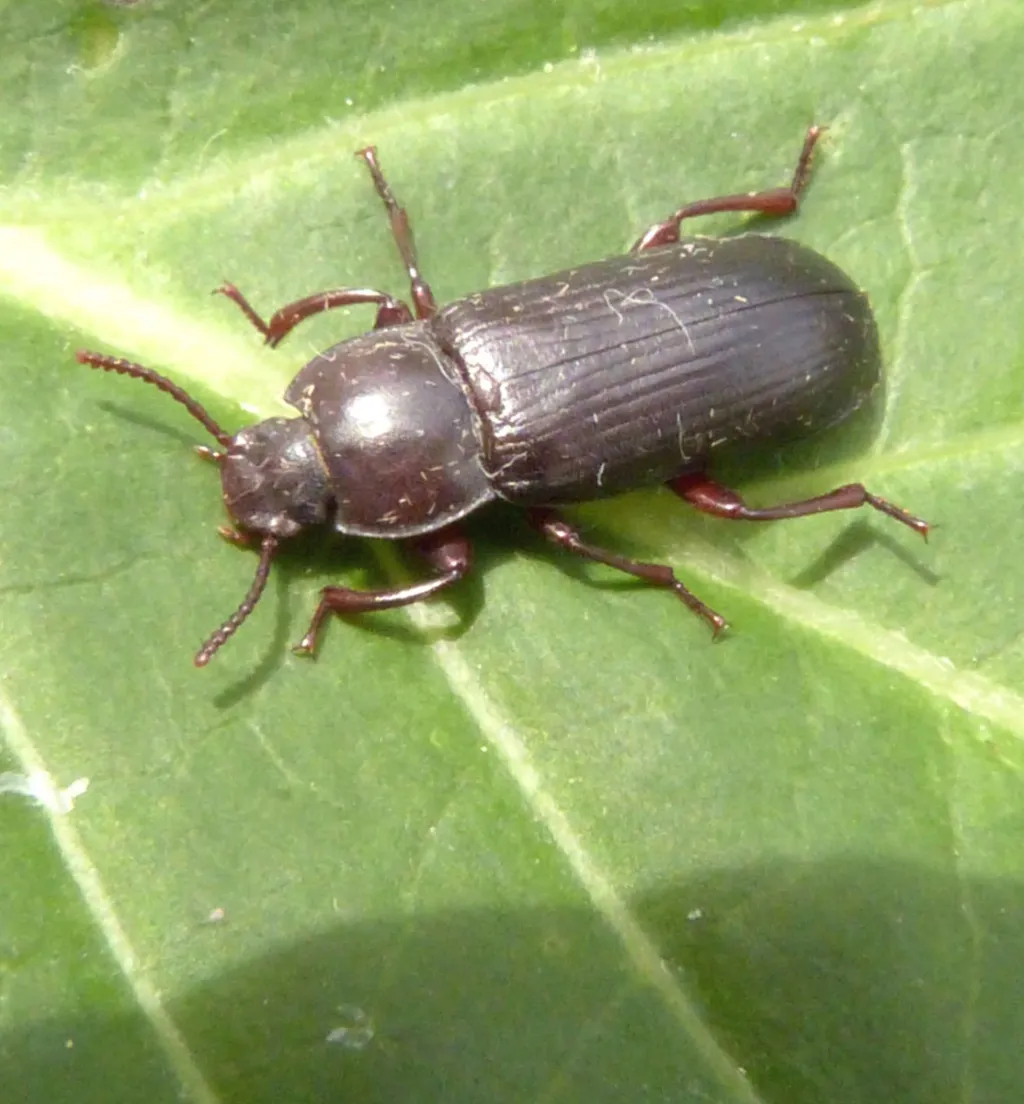Why Mealworm Beetles Are Great for Tarantulas
Mealworm beetles are an excellent food source for tarantulas, providing a nutritious and readily available meal. These beetles are the adult stage of the mealworm, the larvae of the darkling beetle. Feeding your tarantula mealworm beetles can contribute to its overall health and well-being, offering a balanced diet that supports growth and vitality. Unlike some other feeder insects, mealworm beetles are relatively easy to manage and can be a convenient choice for tarantula owners. They provide enrichment through natural behaviors, which are important for your pet’s health.
Nutritional Value of Mealworm Beetles
Understanding the nutritional content of mealworm beetles is crucial for ensuring your tarantula receives a balanced diet. The nutritional profile of mealworm beetles can vary slightly depending on their diet and the stage of life, but they generally offer a good source of protein, fat, and fiber, all of which are essential for a tarantula’s health. Regularly feeding mealworm beetles will allow your tarantula to get the required nutrients needed to live a healthy life.
Protein Content
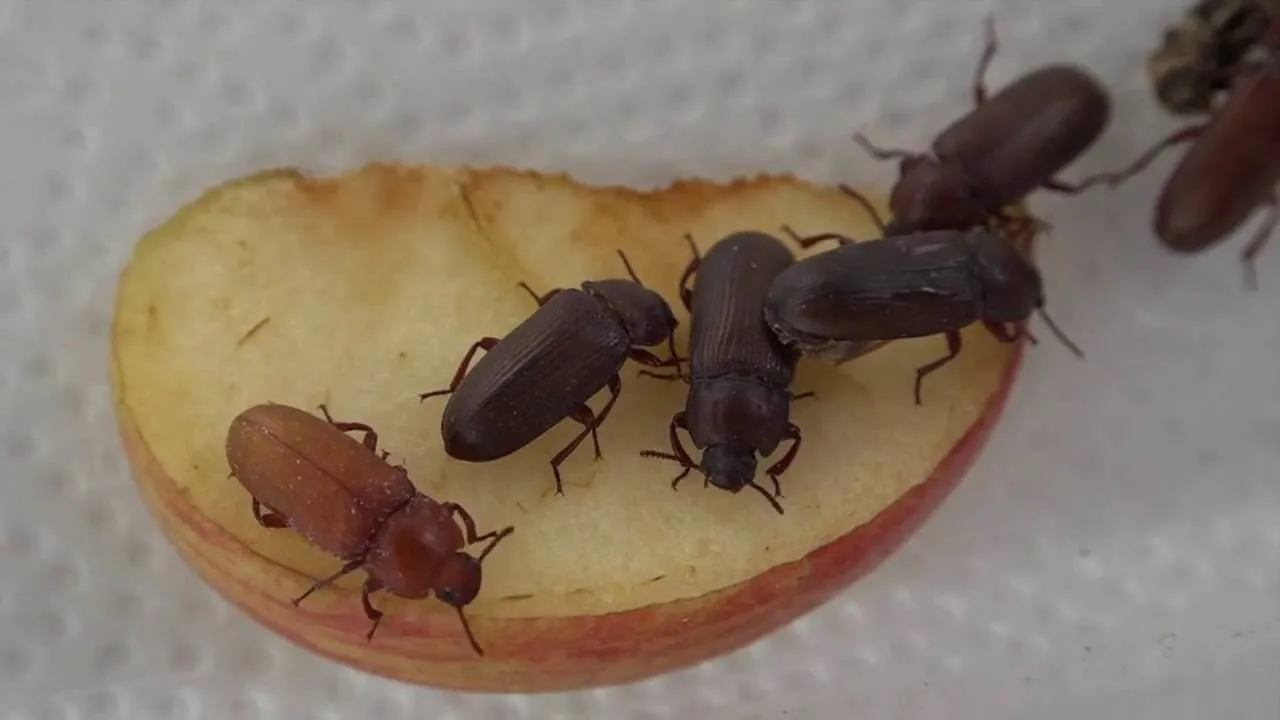
Mealworm beetles are rich in protein, a vital nutrient for tarantula growth, muscle development, and overall health. Protein provides the essential amino acids that tarantulas need to function properly. A diet rich in protein is particularly important during the spider’s growing phases and after molting when they need to rebuild their exoskeleton. The protein content in mealworm beetles supports these processes, promoting a healthy and robust tarantula.
Fat Content
The fat content in mealworm beetles contributes to your tarantula’s energy levels, supporting its activity and metabolic processes. While fat is essential, it’s important to maintain a balance. Overfeeding on high-fat foods can lead to obesity, so moderation is key. The fat content also aids in the absorption of fat-soluble vitamins, further enhancing the nutritional benefits of mealworm beetles for your tarantula’s overall well-being.
Fiber Content
Mealworm beetles contain fiber, which is important for digestive health. Fiber helps in the proper digestion of food, ensuring that your tarantula can efficiently absorb nutrients. It also promotes a healthy gut environment, reducing the risk of digestive issues. While tarantulas don’t require as much fiber as some other pets, the presence of fiber in mealworm beetles contributes to a balanced diet and supports their digestive system.
Benefits of Feeding Mealworm Beetles
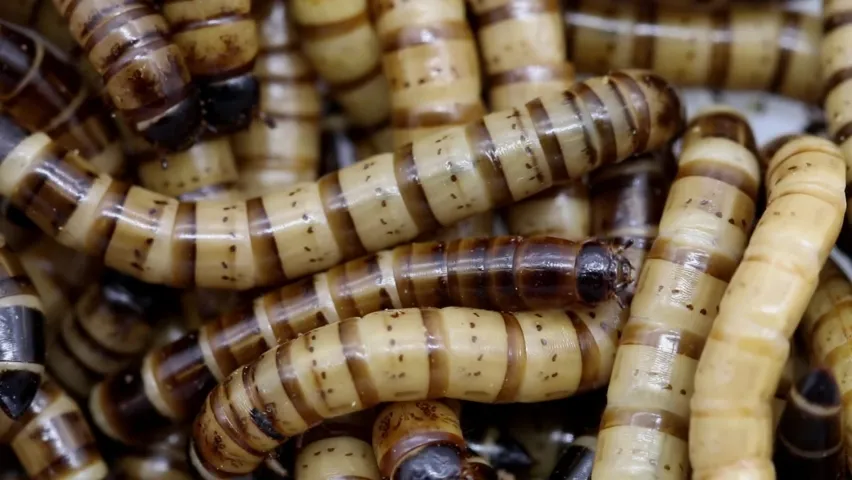
Feeding your tarantula mealworm beetles offers several advantages, making them a preferred choice among tarantula keepers. Beyond their nutritional value, mealworm beetles provide practical benefits that contribute to a healthier and more enriched life for your pet. Choosing mealworm beetles over other feeder insects can offer a variety of benefits for your tarantula and make it easier to maintain its health.
Easy to Digest
Mealworm beetles are relatively easy for tarantulas to digest, reducing the likelihood of digestive upset. This ease of digestion is crucial for tarantulas, as it allows them to efficiently absorb the nutrients they need. Providing easily digestible food ensures that your tarantula gets the maximum benefit from each meal, contributing to better overall health. Mealworm beetles are an excellent option because they are less likely to cause digestive problems, making them a safe and reliable food source.
Encourages Natural Behaviors
Feeding mealworm beetles can stimulate your tarantula’s natural hunting and feeding behaviors. Watching and hunting their prey is a part of their instinctual behavior. This mental and physical exercise promotes a healthier and more engaged tarantula. Providing live prey like mealworm beetles allows your tarantula to exhibit its natural predatory instincts, adding enrichment to its environment and preventing boredom.
Affordable and Readily Available
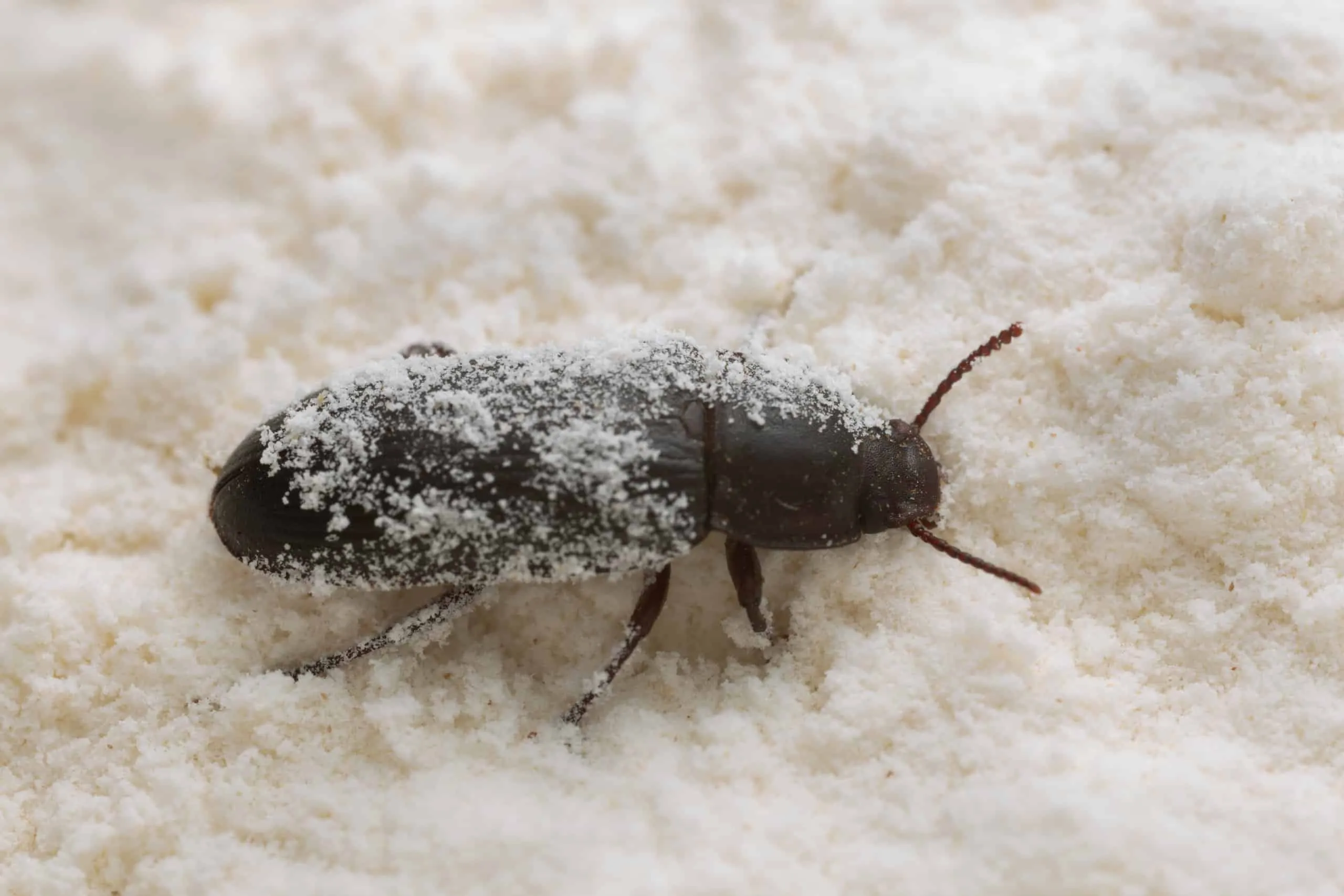
Mealworm beetles are often more affordable and easier to find compared to some other feeder insects. This makes them a convenient and cost-effective option for tarantula owners, ensuring that your pet receives a regular supply of nutritious food without straining your budget. They can be purchased at most pet stores or online, simplifying the process of providing a consistent food source. The availability of mealworm beetles ensures that you can easily maintain a healthy diet for your tarantula.
Proper Mealworm Beetle Feeding
Proper feeding techniques are vital for ensuring your tarantula benefits fully from mealworm beetles. Knowing how much to feed, how often, and the correct size of the mealworm beetles will ensure your pet thrives. Providing mealworm beetles responsibly will contribute to its health, growth, and overall well-being. Following best practices in this regard is crucial for responsible tarantula ownership.
Size Matters
The size of the mealworm beetles should correspond to the size of your tarantula. Offering beetles that are too large can pose a choking hazard or make it difficult for your tarantula to handle the prey. As a general rule, the mealworm beetle should be no larger than the tarantula’s body. Regularly assess the size of your tarantula and adjust the size of the mealworm beetles accordingly to ensure safe and effective feeding.
Feeding Frequency
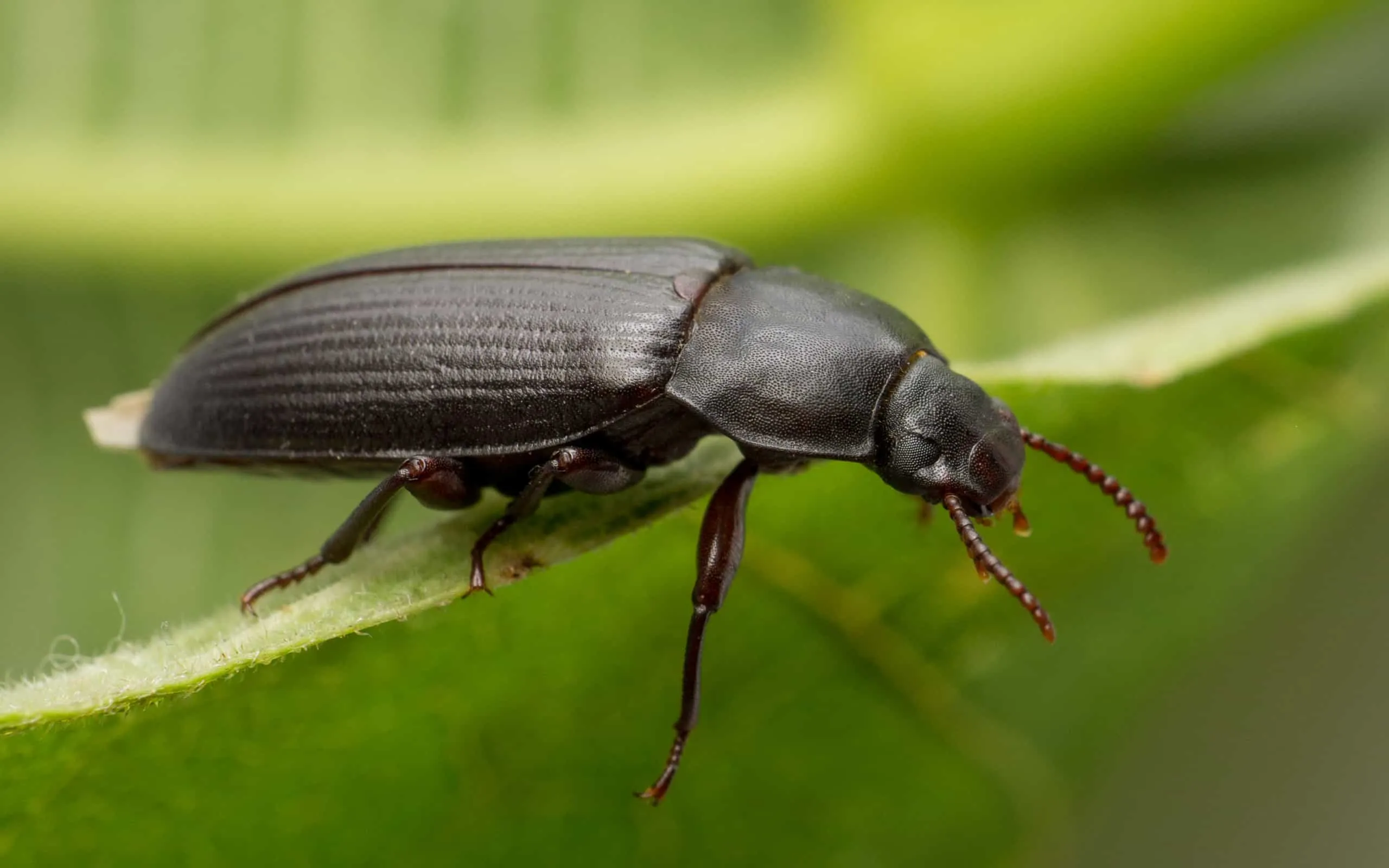
The feeding frequency depends on the age and size of your tarantula. Spiderlings and juvenile tarantulas may need to be fed more frequently, possibly every other day or every few days. Adult tarantulas can typically be fed once or twice a week. Observing your tarantula’s behavior and appetite is key. A tarantula that is consistently refusing food may indicate that it is preparing to molt, and it is best not to feed it during that time.
Storage and Handling of Mealworm Beetles
Proper storage and handling of mealworm beetles are crucial to ensure they remain healthy and nutritious for your tarantula. Maintaining a clean and suitable environment for the mealworm beetles will help prevent disease and ensure they are in good condition when you feed them to your pet. Following these practices will not only maintain the health of your tarantula but will also help maintain the beetles themselves.
Keeping Mealworms Alive
To keep mealworm beetles alive and healthy, store them in a well-ventilated container with a substrate like bran or oats. Provide them with a source of moisture, such as pieces of vegetable scraps (e.g., carrots or potatoes), and keep them at a moderate temperature. Regularly clean their enclosure to remove waste and prevent mold growth. By providing the right conditions, you can ensure that your mealworm beetles remain a viable and nutritious food source for your tarantula.
Preventing Parasites
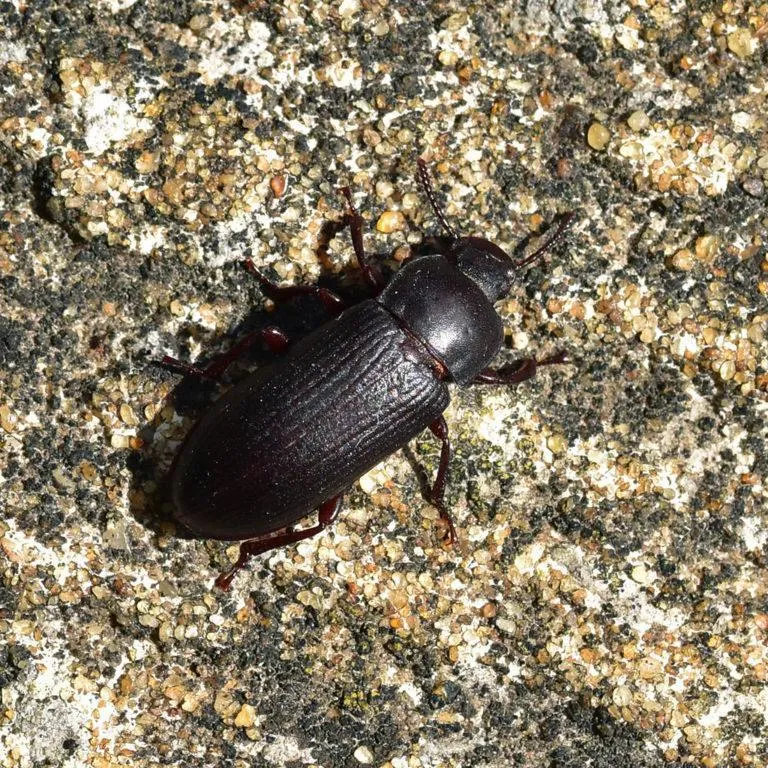
To prevent parasites, always purchase mealworm beetles from a reputable source. Inspect the beetles before feeding them to your tarantula, and discard any that appear unhealthy or infested. Maintaining a clean and hygienic environment for the mealworm beetles will also reduce the risk of parasites. Regularly cleaning the container and providing fresh food and water will minimize any potential health risks to your tarantula.
Common Mistakes to Avoid
Avoiding common mistakes can prevent health issues and ensure that your tarantula receives the best possible care. Being mindful of these pitfalls will help you become a more responsible and knowledgeable tarantula keeper. Careful observation and adherence to best practices can protect your tarantula from potential harm, ensuring it lives a long and healthy life. Avoiding common mistakes will benefit both you and your pet.
Overfeeding
Overfeeding is a common mistake that can lead to obesity and health problems in tarantulas. It’s essential to feed your tarantula an appropriate amount of mealworm beetles based on its size, age, and activity level. Avoid overfeeding, as this can cause the tarantula to become overweight and potentially affect its ability to molt. Observe your tarantula’s eating habits, and adjust the feeding frequency accordingly to ensure it remains healthy and active.
Using Mealworms from Unknown Sources
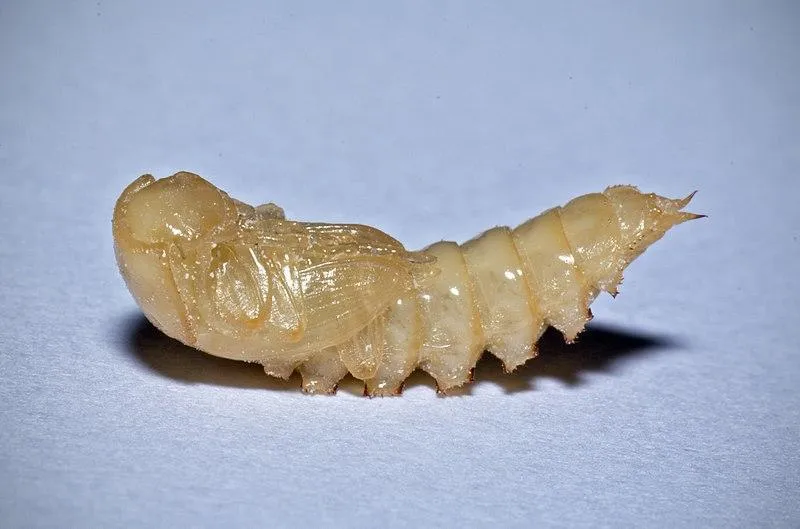
Sourcing mealworm beetles from unknown sources can be risky. These mealworms may be exposed to pesticides, parasites, or diseases that can harm your tarantula. Always purchase mealworm beetles from reputable suppliers who prioritize the health and safety of their insects. This will minimize the risk of introducing harmful substances or pathogens to your tarantula’s environment and ensure your pet receives a safe and nutritious meal.
In conclusion, mealworm beetles offer significant benefits as a food source for tarantulas, including their nutritional value, ease of digestion, and ability to stimulate natural behaviors. Proper feeding practices, including appropriate size and frequency, are crucial for maintaining your tarantula’s health. Avoid common mistakes like overfeeding and using mealworms from unknown sources to ensure your pet thrives. By following these guidelines, you can provide your tarantula with a balanced diet and create a thriving habitat.
